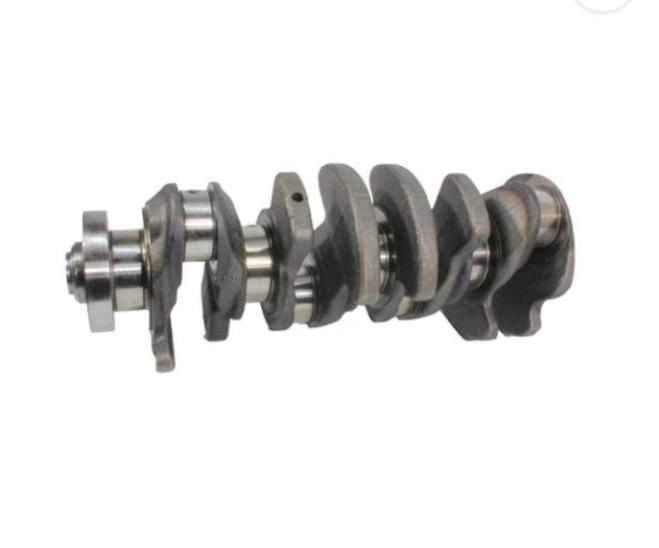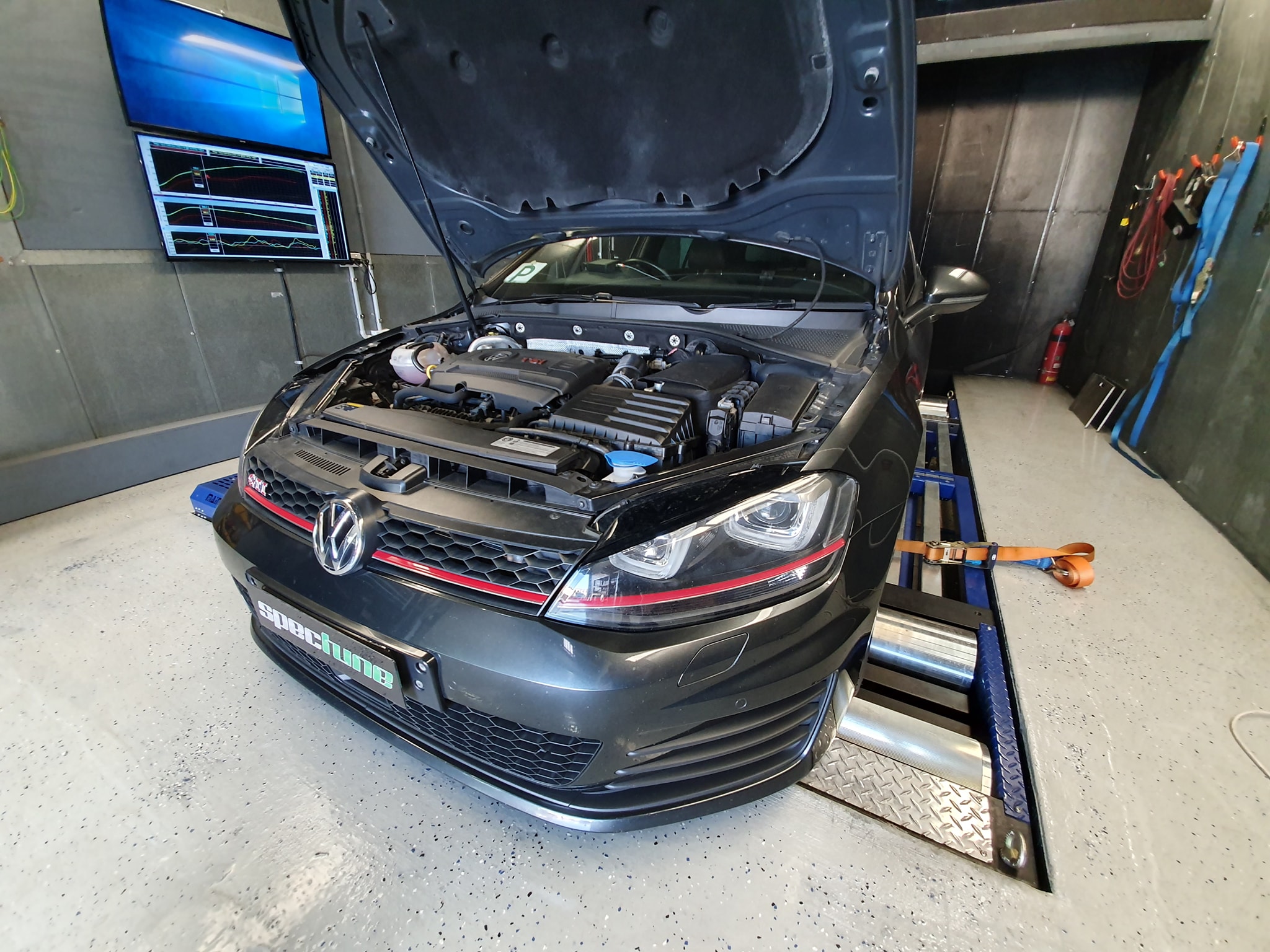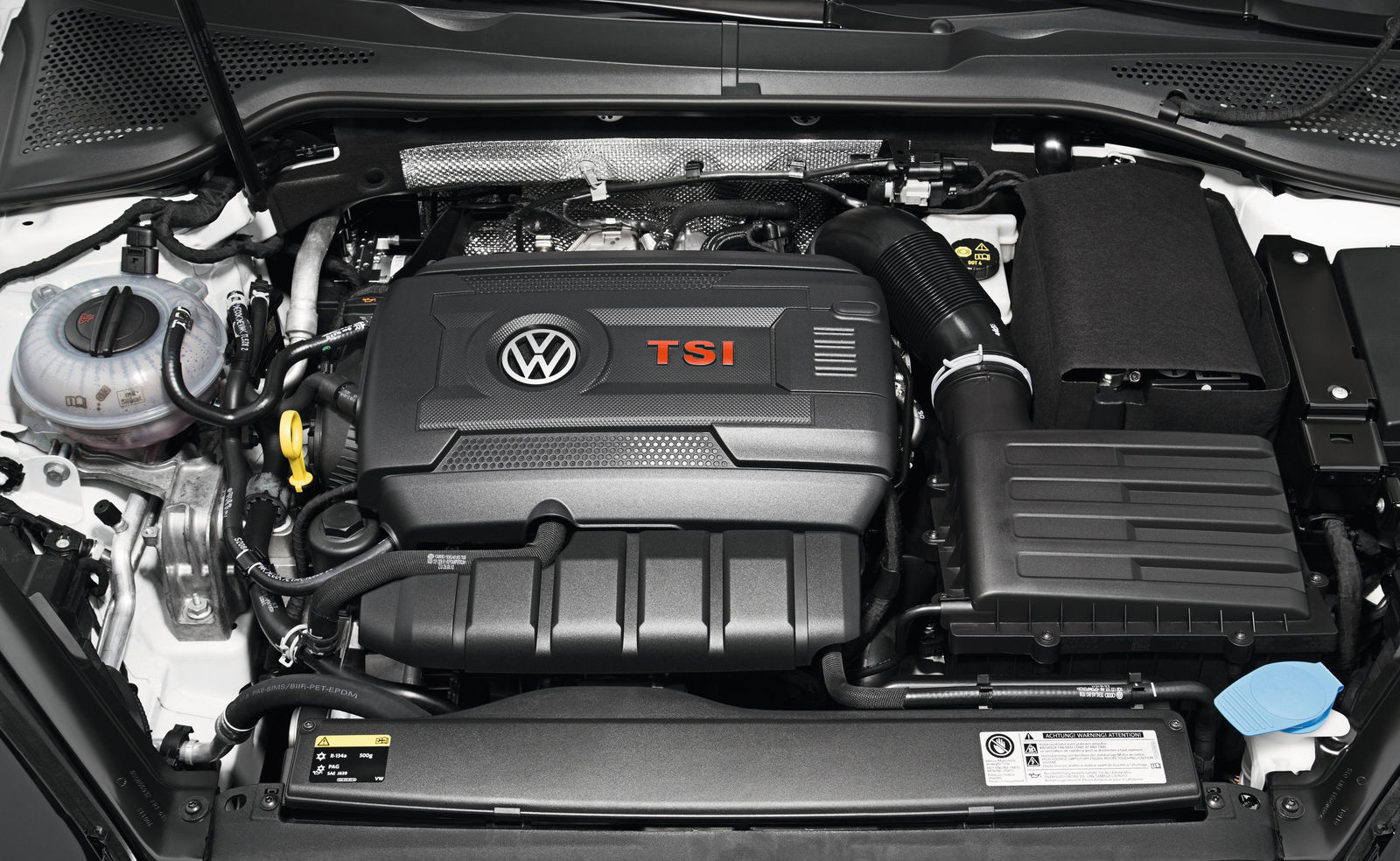Golf 7 GTI Engine Tuning: How to Maximize Your Car’s Power and Performance
Golf 7 GTI Engine Tuning: How to Maximize Your Car’s Power and Performance
Blog Article
Your Guide to the Golf 7 GTI Engine: Reliability and Upgrades
The Golf 7 GTI, geared up with its 2.0-liter turbocharged inline-four engine, represents a balance of efficiency and reliability that interest lovers and everyday chauffeurs alike. Understanding the elements that contribute to its reliability, along with potential issues and their services, is critical for making the most of the driving experience. Exploring various performance upgrades can dramatically boost both power and efficiency. The inquiry stays: what particular upgrades can transform your GTI right into an absolutely remarkable vehicle while ensuring its longevity?
Summary of the Golf 7 GTI Engine
The heart of the Golf 7 GTI is its 2.0-liter TSI engine, a turbocharged four-cylinder that provides an outstanding mix of power and efficiency. This engine generates a durable 220 horse power and 258 lb-ft of torque, allowing the automobile to speed up from 0 to 60 miles per hour in just 5.6 seconds, showcasing its sporty personality. The turbocharged style not just enhances efficiency but additionally enhances fuel effectiveness, making it a functional option for day-to-day driving.
Incorporating innovative modern technology, the engine includes straight fuel injection, which boosts burning effectiveness and minimizes exhausts. Additionally, the Golf 7 GTI is equipped with either a six-speed guidebook or a six-speed DSG dual-clutch automated transmission, supplying drivers with the adaptability to pick their favored driving design. The automobile's front-wheel-drive layout, combined with a well-tuned suspension, guarantees active handling and a receptive driving experience.
Engine Reliability Variables
Reliability is an essential aspect of any type of performance-oriented vehicle, and the Golf 7 GTI's engine is no exception. Several elements add to the total dependability of this extremely related to powerplant, which is crucial for both day-to-day driving and spirited performance.
To Start With, the Golf 7 GTI is furnished with a robust 2.0-liter turbocharged inline-four engine, recognized for its efficient style and solid design. This engine includes a created steel crankshaft and light weight aluminum engine block, which provide premium toughness and toughness while reducing weight.
Second of all, normal upkeep plays a vital duty in boosting engine reliability. Following the manufacturer's suggested solution periods, using high-grade lubricants, and changing necessary parts such as stimulate plugs and filters can substantially extend engine life.
Additionally, the top quality of gas used can additionally impact reliability. Premium gas is advised to make sure optimal performance and decrease the risk of knocking or detonation.
Last but not least, the vehicle's electronic management system continuously monitors engine criteria, enabling real-time changes to optimize performance and effectiveness while safeguarding against possible concerns. Jointly, these variables highlight the Golf 7 GTI engine's online reputation for integrity among lovers and everyday motorists alike.
Usual Concerns and Solutions
The Golf 7 GTI, while celebrated for its performance, is not without its obstacles. Among the most often reported problems are engine oil consumption and turbocharger failures, which can dramatically influence lorry reliability. Recognizing these typical issues and their options is crucial for keeping ideal engine efficiency.

Engine Oil Intake
While numerous lovers appreciate the efficiency of the Golf 7 GTI, engine oil intake can become a remarkable problem. Owners may observe that their automobiles need more regular oil top-ups than anticipated, commonly credited to various elements integral in the engine's design and operation.
One typical issue is the engine's direct fuel injection system, which can lead to boosted oil usage as a result of the burning procedure. In addition, making use of high-performance driving routines can intensify oil burn-off, especially under hostile throttle conditions. Drivers may additionally experience oil leaks from gaskets and seals, which can add to decreased oil degrees.
Regular oil changes using top notch artificial oil can aid keep ideal engine performance and durability. If too much consumption lingers, it might be advisable to consult an expert specialist to examine the engine for possible inner troubles, such as used piston rings or valve seals.
Turbocharger Failures
Turbocharger failings can dramatically impact the efficiency of the Golf 7 GTI, leading to diminished power and efficiency. Common problems related to the turbocharger include oil leaks, wastegate failure, and extreme shaft play. Oil leakages typically originate from worn seals or harmed gaskets, which can result in oil contamination and succeeding engine damage. Consistently examining these parts can assist recognize and alleviate such issues early.
An additional prevalent trouble is wastegate failure, which can lead to overboost or underboost conditions. If left untreated, this not only influences the lorry's performance however can also lead to major engine damage. Updating to an extra durable wastegate can enhance reliability and efficiency.
Extreme shaft play indicates wear in the turbocharger's bearings, which can cause a total turbo failing. Keeping an eye on boost stress and paying attention for unusual sounds can help identify this trouble early.
To protect against turbocharger failures, regular upkeep, including oil modifications and air filter replacements, is vital. Additionally, buying high-grade aftermarket elements might provide enhanced reliability and performance, eventually improving the driving experience of the Golf 7 GTI.
Efficiency Upgrades to Take Into Consideration
What performance upgrades can really raise the driving experience of a Golf 7 GTI? To let loose the complete potential of this legendary hot hatch, numerous targeted alterations can boost power, handling, and overall driving enjoyment.
One of one of the most reliable upgrades is a high-performance turbocharger. Replacing the stock system with an check out this site aftermarket option can substantially increase horse power and torque, supplying an extra electrifying acceleration experience. Matching this upgrade with an efficiency intercooler aids keep ideal temperatures, ensuring regular power delivery.
Next, take into consideration upgrading the exhaust system. A less limiting exhaust not just enhances engine effectiveness yet additionally generates a more aggressive noise that magnifies the car's stylish character. Pairing this with a remapped ECU will certainly maximize gas distribution and ignition timing, additional boosting efficiency.
Suspension upgrades, such as adjustable coilovers, can enhance dealing with by reducing the car's center of gravity and minimizing body roll. Additionally, a collection of high-performance tires will boost grip, allowing for sharper cornering and enhanced general security.
Together, these upgrades can change the Golf 7 GTI right into a much more vibrant and exhilarating driving machine, making every journey a remarkable experience. golf 7 gti engine.
Recommended Upkeep Practices
Maintaining the Golf 7 GTI engine calls for attention to crucial practices that make certain ideal performance and long life. Regular oil changes are important for engine health, while timely timing belt replacement is important to avoid prospective failures. Applying these upkeep practices will certainly aid maintain your lorry running efficiently and effectively.
Routine Oil Adjustments
Routine oil modifications are vital for the ideal performance and long life of the Golf 7 GTI's engine. Preserving a constant oil change timetable makes certain that the engine operates smoothly and efficiently. The suggested period for oil adjustments is commonly every 5,000 to 10,000 kilometers, depending on driving conditions and the sort of oil used.
Using top notch synthetic oil is essential as it supplies premium lubrication and thermal security contrasted to standard oils. This is especially crucial for the Golf 7 GTI, which features a turbocharged engine that generates greater operating temperature levels. Regular oil changes help to remove impurities and sludge buildup, which can endanger engine efficiency and lead to early wear.
Furthermore, fresh oil boosts gas efficiency and lowers hazardous emissions, contributing to a cleaner atmosphere. During the oil modification procedure, it is likewise suggested to replace the oil filter to ensure optimal purification and stop any kind of particles from going into the engine. Complying with these techniques not only aids preserve the engine's integrity yet additionally preserves the value of the car, making regular oil alters a vital facet of liable GTI ownership.
Timing Belt Replacement
The timing belt is an important element of the Golf 7 GTI's engine, accountable for integrating the turning of the crankshaft and camshaft. This synchronization is crucial for ideal engine performance and effectiveness. If the timing belt stops working, it can lead to catastrophic engine damage, making timely substitute vital.

When preparing a timing belt substitute, click to investigate it is recommended to likewise change the water pump and tensioner. These parts operate in conjunction with the timing belt and typically experience similar wear, making certain optimum performance and durability. Using OEM parts is advised for their reliability and compatibility with the Golf 7 GTI's engine.
Professional setup is very urged, as inappropriate installation can result in serious engine breakdowns. Regular upkeep of the timing belt not just shields the integrity of the engine yet likewise enhances the general driving experience of the Golf 7 GTI. golf 7 gti engine. Prioritizing this job assists preserve automobile reliability and efficiency with time
Aftermarket Parts and Alterations
Various enthusiasts transform to aftermarket components and modifications to improve the performance and aesthetic appeals of the Golf 7 GTI. These upgrades can dramatically improve the vehicle's responsiveness, handling, and total driving experience. Popular adjustments consist of high-performance air intakes, exhaust systems, and intercoolers, which can raise horse power and torque by maximizing air consumption and exhaust circulation.
Suspension upgrades are also common, with alternatives varying from decreasing springs to totally adjustable coilover kits that improve experience high quality and cornering capability. Updated brakes, consisting of performance pads and rotors, can offer better quiting power, guaranteeing safety and control during perky driving.
Aesthetic adjustments, such as aftermarket wheels, body sets, and customized illumination, enable proprietors to personalize their cars while maintaining a flashy look. Engine adjusting, whether with ECU remapping or standalone engine management systems, can open additional performance capacity, making the GTI much more thrilling to drive.
While aftermarket alterations can produce substantial benefits, it's vital to select reputable brands and take into consideration the prospective influence on guarantee and dependability. Appropriate installation and adjusting are important to guarantee the durability of the vehicle while taking pleasure in the enhancements.
Enhancing Fuel Efficiency
Improving fuel efficiency in the Golf 7 GTI can cause substantial expense savings and a reduced ecological influence. Attaining far better fuel economy requires a combination of driving behaviors, upkeep techniques, and strategic adjustments.
One efficient method is adopting a smooth driving design, preventing fast acceleration and heavy braking, which can substantially lower gas consumption. Maintaining optimal tire pressure is also important; under-inflated tires can boost rolling resistance, bring about decreased performance. Regular servicing, consisting of engine tuning and air filter replacements, guarantees that the engine operates at peak efficiency, additionally improving gas economic situation.
For those seeking upgrades, consider an efficiency tune that concentrates on efficiency as opposed to sheer power. Eco-mode settings, if offered, can readjust throttle reaction and change points to make best use of fuel financial savings. Additionally, light-weight aftermarket wheels can decrease weight and improve efficiency without jeopardizing performance.
Last but not least, utilizing wind resistant enhancements, such as a front splitter or rear spoiler, can reduce drag at greater rates, contributing to far better fuel economic situation. By carrying out these alterations and techniques, Golf 7 GTI owners can take pleasure in improved fuel efficiency while maintaining the car's perky driving features.
Conclusion
In verdict, the Golf 7 GTI engine exemplifies a mix of performance and reliability, driven by a you could try these out well-engineered 2.0-liter turbocharged inline-four. Numerous performance upgrades and aftermarket alterations can enhance driving experience while preserving dependability.
The Golf 7 GTI, geared up with its 2.0-liter turbocharged inline-four engine, stands for a balance of performance and reliability that appeals to lovers and day-to-day chauffeurs alike. Regular oil modifications utilizing top quality artificial oil can help keep optimal engine performance and longevity.Routine oil changes are necessary for the optimal efficiency and long life of the Golf 7 GTI's engine. Regular maintenance, including engine tuning and air filter replacements, makes certain that the engine runs at peak efficiency, further boosting gas economy.

Report this page